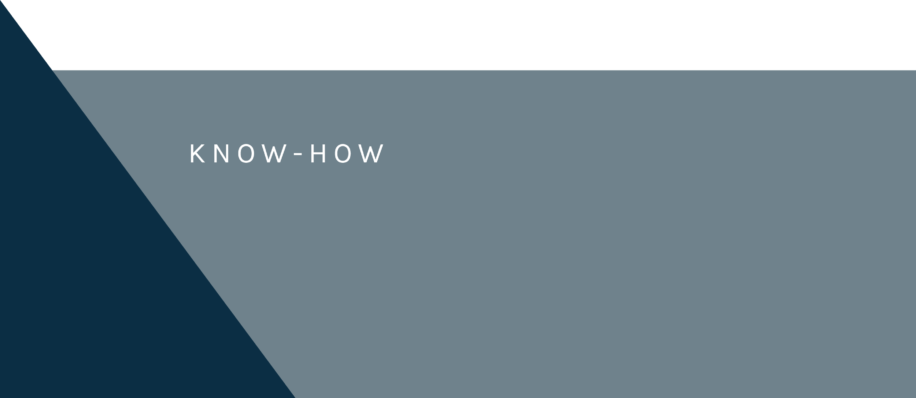Hamish Egan, CFA, CA, Associate Director at HKA, reporting on the ROAP 2021 Session of 6 July 2021: "Roadmap to becoming an expert witness", published on 9 September 2021.
As part of the inaugural Asia edition of the Remote Oral Advocacy Programme (ROAP) cross-examination training course organised by Delos, a number of both aspiring and experienced expert witnesses from sponsoring firms Alvarez & Marsal, HKA and PwC were able to provide cross-examination experience to aspiring advocates, while at the same time gaining valuable experience of giving expert evidence.
These experts from each of the sponsoring firms met virtually to discuss the topic: “Roadmap to becoming an expert witness”
This topic was discussed in detail amongst the participants on the call:
- Faculty members: Trevor Dick (Alvarez & Marsal), Jonathan Humphrey (HKA) and Michael Peer (PwC).
- Experts: Irene Siu and Shannon Tong (Alvarez and Marsal, Hong Kong), Hamish Egan (HKA, Singapore), Michael Laming (HKA, London), Anna Ng (PwC, Hong Kong), and Moushumi Vaidya (PwC, India)
To develop the roadmap to becoming an expert witness, the participants answered the following questions:
What are the skills required to become an expert witness? What are some recommended ways for developing these skills?
The participants drew attention to many relevant skills, including both core skills as well as other important attributes. Core skills include technical ability; report writing; project management; and building a personal brand. In addition to these skills, other important attributes include: having a high level of curiosity and scepticism, and an interest in detail; confidence to advocate for legitimate opinions; an ability for critical thinking when reviewing issues, and ability to interrogate those issues; an ability to withstand criticism (i.e. to be “thick skinned”); and being a team player.
The participants considered that, with regards to developing technical skills, relevant qualifications should be obtained, and these could include accounting (e.g. CA, CPA), finance (e.g. CFA), and / or valuation designations (e.g. CVA).
It was thought that report writing could be developed with practice, and it was noted that a key skill to develop is the ability to be concise. In this regard, Trevor Dick noted that “it can be harder to write a short report than a long report”. It was further emphasised that aspiring experts should focus on and do as much drafting as possible to develop their report writing skill.
It was considered that the relevant project management skills to develop, in addition to managing the progress of the report, parties involved, and deadlines, include an awareness of your capabilities so as to avoid taking lofty positions.
The participants discussed the need to build a personal brand. For example, it was recommended to start making connections early in your career. In addition, it was recommended to learn business development and marketing skills (considered a key requirement with more companies requiring experts to build the brand of the company). Furthermore, it was considered important to develop a reputation for good work and then work to maintain that reputation. In relation to this, Michael Peer recommended an aspiring expert to “decide what you want to be famous for.”
The required skills could be developed by learning while doing, working for different experts, and getting exposure to as many cases as possible. This could include going to hearings with the named expert, or alternatively, sitting in on an interesting court hearing to get familiar with the environment.
Other development opportunities could include getting comfortable with public speaking, assistance from mentors to help juniors get their initial experience on small appointments, webinars and cross-examination courses (such as this one run by Delos).
The faculty members emphasised the learning opportunities to be gained while learning from other experts. Jonathan Humphrey encouraged aspiring experts to learn by observing experts under cross-examination and to be able to respond to the question “how would you have answered a question in cross-examination?”
What are some of the most valuable lessons you have learnt? If you could do anything over again, what would that be? Are there any pitfalls you’ve seen which should be avoided?
Participants all imparted some valuable experiences.
Jonathan Humphrey shared that, while an expert can never be too prepared, there are always unanticipated questions and it is not possible to pre-script everything. Mr Humphrey advised that experts need to keep in mind that they may have a 20 to 30-year career and should not put a reputation at risk for one engagement.
Trevor Dick advised that it is useful to bring somebody else in from the firm, who is not familiar with the case, and have them ask questions to get you out of your comfort zone. In relation to an expert’s work, Trevor shared that one should not be afraid to ask for help, it is useful to consult with others, and it is important not to go beyond your expertise.
Michael Peer shared his experience, in relation to taking on multiple appointments of testifying within a short period of time. Michael recommended not stretching yourself too thin and to be firm in what you are capable of doing. He advised of the benefits of a team, stating that “this is a team sport”.
The experts also shared that preparation for cross-examination starts at the report writing stage, including the presentation, the points to be made, and potential challenges. In this regard, it was considered important to challenge every sentence when preparing the report.
New Asia, EMEA and LatAm editions of the ROAP will be launched in 2022. Registration will open in December 2021.

